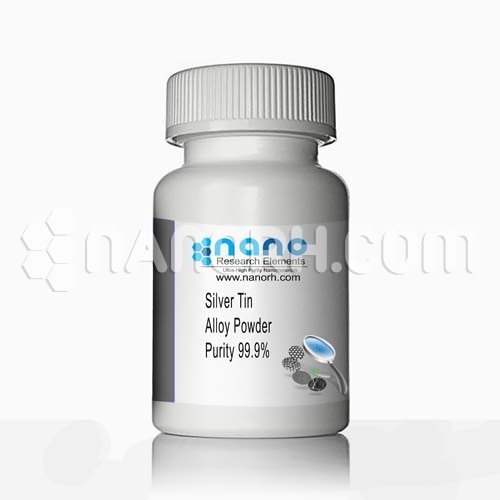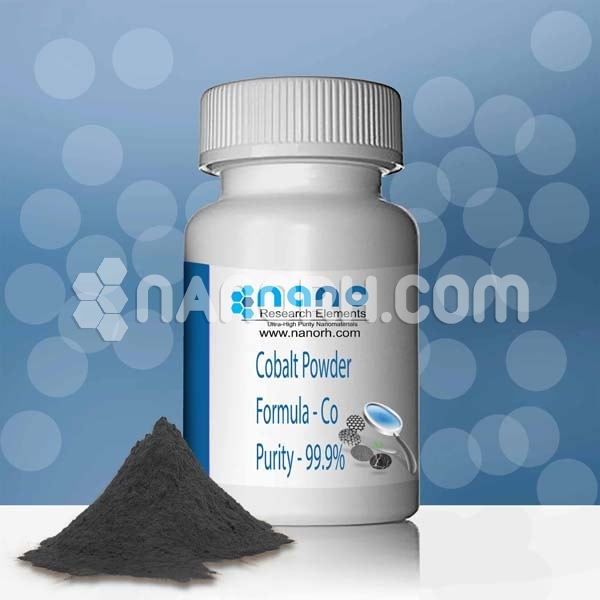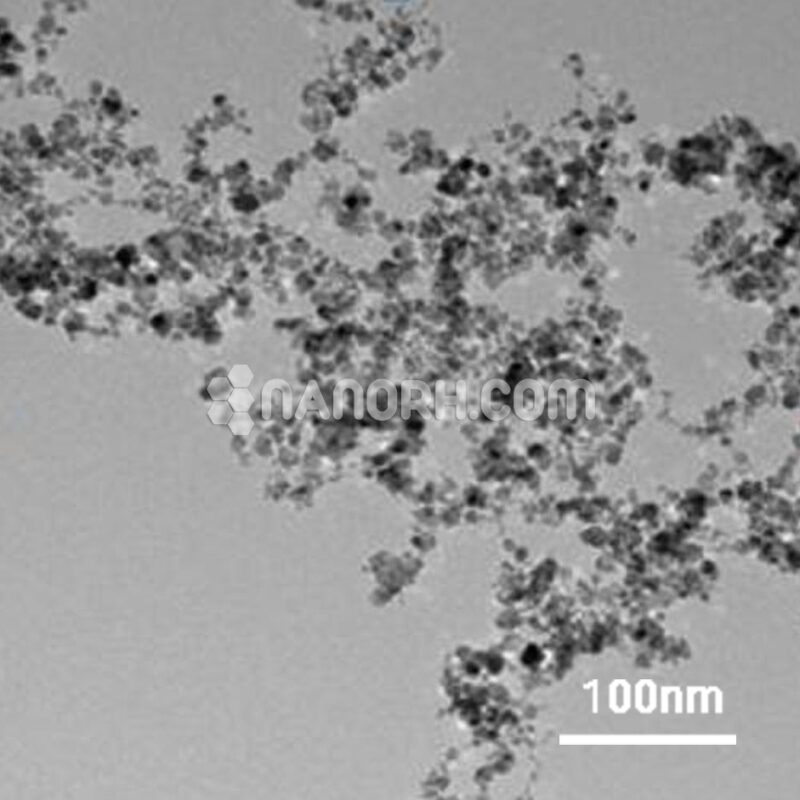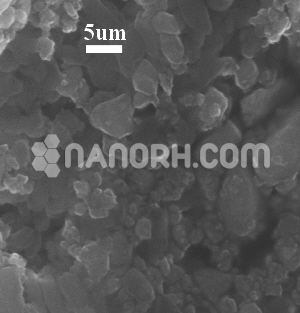| Silver Tin Alloy Powder | |
| Product No | NRE-9038 |
| CAS No. | 12597-76-1 |
| Formula | Ag-Sn |
| Molecular Weight | 226.5782 g/mol |
| APS | <40 um (Can be Customized) |
| Purity | 99.9% |
| Density | NA |
| Color | Gray |
| Melting Point | NA |
| Boiling Point | NA |
Silver Tin Alloy Powder
Applications
Soldering and Brazing:
Silver-tin alloy powder is widely used in soldering and brazing applications due to its low melting point and excellent solderability. This alloy is particularly useful for soldering in electronics where high-quality connections are required.
It is commonly used in the production of solder pastes and flux-cored solder wires for printed circuit board (PCB) assembly, microelectronics, and electrical interconnects.
Electrical Contacts and Connectors:
Silver-tin alloys are used in the manufacture of electrical contacts, connectors, and switches, where low resistance and high durability are needed.
These alloys are ideal for use in high-reliability applications like telecommunication devices, automotive connectors, and industrial electrical systems.
Thermal Management:
The high thermal conductivity of silver-tin alloys makes them suitable for use in heat sinks, thermal interface materials, and thermal pads in high-performance electronics such as processors, LEDs, and power electronics.
These alloys help in heat dissipation, preventing components from overheating and maintaining reliable performance in temperature-sensitive applications.
Precision Electronics Manufacturing:
In the electronics industry, silver-tin alloy powder is used in the production of semiconductors, microchips, and sensors, where the alloy’s combination of electrical conductivity and solderability ensures efficient interconnections and device performance.
The alloy is ideal for wire bonding, chip packaging, and interconnects in integrated circuits and high-frequency devices.
Jewelry and Decorative Coatings:
Silver-tin alloys are used in jewelry manufacturing to produce durable and tarnish-resistant finishes. The silver appearance combined with the strength of tin makes the alloy ideal for decorative items and fashion jewelry.
These alloys are also used for electroplating and coatings, where a shiny, silver-like finish is desired but with additional corrosion resistance.
Automotive Applications:
Silver-tin alloys are used in automotive electrical systems for connectors, switches, and relays. The alloy’s electrical conductivity ensures efficient power transfer, while its durability and corrosion resistance ensure long-lasting performance in harsh automotive environments.




